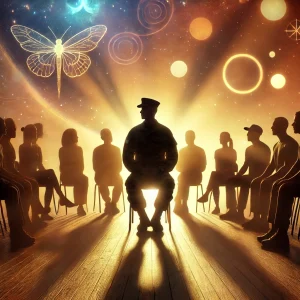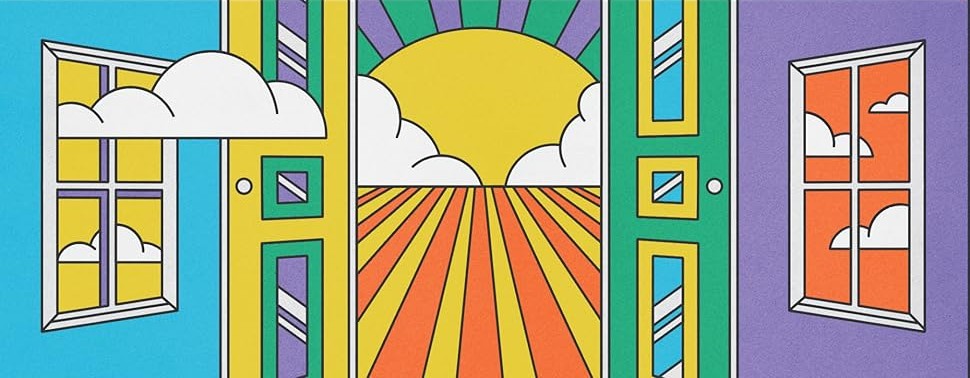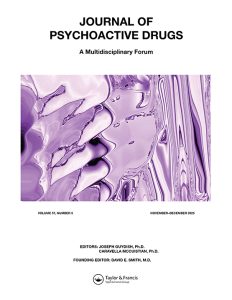 The weight of war clings to me like a shadow, one that I’ve learned to carry in silence. When I first came back from active combat, it felt like I’d been dropped on a planet where everyone spoke the same language but couldn’t understand my words. At first, I didn’t see how the war was still living inside me, slipping into every part of my life, unseen but relentless. The closest thing I felt to home was with a bottle in hand, but even that comfort came at a price.
The weight of war clings to me like a shadow, one that I’ve learned to carry in silence. When I first came back from active combat, it felt like I’d been dropped on a planet where everyone spoke the same language but couldn’t understand my words. At first, I didn’t see how the war was still living inside me, slipping into every part of my life, unseen but relentless. The closest thing I felt to home was with a bottle in hand, but even that comfort came at a price.
Relationships were impossible to hold onto. Every attempt felt like trying to hold water between my fingers. I wanted to connect, to care, but there was a wall around me that nothing could breach. Friends from before the service would invite me to dinner, talk about their spouses, kids, even things like work drama and mortgages. I’d listen and nod, trying to relate, but my mind would drift back to dusty roads and the hum of helicopters. No one could understand, and I didn’t know how to let them in. The only thing I could connect with was a drink and the feeling that maybe, for a while, it would numb the constant noise in my head.
Eventually, I walked through the doors of a 12-step meeting, looking for something—anything—that would help. Sobriety gave me a sense of direction, and there were times in the rooms of AA and NA when I felt close to belonging. But the bond wasn’t complete. While people talked about their struggles and shared laughter about things like work trouble or raising kids, I sat there, unable to talk about the realities that filled my mind every night. Combat stories don’t fit well over coffee and donuts. I’d hear someone talk about a bad day at the office, and I’d nod along, hiding the memories I carried from far away.
I kept my back to the wall in every meeting, always making sure I had a clear line to the door. Small things like that gave me some control, a way to manage the hypervigilance. But every day, the PTSD lingered, silent yet insistent, feeding me with memories I didn’t want to relive. The startle reflexes, the tension in my muscles, the deep-rooted distrust—I faked it, hoping that one day, I’d make it. I wanted the brotherhood I had felt in the military, the sense that everyone in the room had my back. Instead, I felt like the loneliest guy in a crowd of people who wanted to help but just couldn’t understand.
One night, scrolling through my phone after another restless meeting, I stumbled upon studies about psychedelics and PTSD. It sounded like hope, something more than just a promise to keep showing up. But signing up for those studies felt like chasing smoke. So I stayed in silence, sober but alone, caught in a world where I couldn’t even speak about my experiences. The irony of it stung: I had been brave enough to face combat, but here I was, afraid to mention psychedelics in a room where so many people preached the idea of “open-mindedness.”
With time, I reached out for therapy. EMDR became a regular part of my life, and bit by bit, I could feel something softening. Trauma work opened doors in my mind that I’d bolted shut for years. The therapist encouraged me, guiding me toward memories I’d long tried to forget, helping me lay them down slowly and gently. But the demons didn’t fade; they lingered, stubborn and silent.
Finally, I signed up for a guided psychedelic therapy session. I walked into the room, unsure of what would come. At first, the experience was like staring at the walls I’d built around my heart, each brick stacked with old pain and stories too heavy to tell. But then, something cracked open inside me. Emotions flooded in, raw and intense, emotions I hadn’t dared to feel for years. Grief for lost friends, guilt for things I could never change, compassion for a version of me that hadn’t known how to heal. I let it all out, feeling each wave crash through me, washing away layers of hurt.
Afterward, I returned to the 12-step rooms, but something had shifted. I didn’t feel like I was the loneliest guy in the crowd anymore. The walls I’d built were thinner, and for the first time, I looked at the people around me and felt a sense of connection. I saw their struggles as deeply as I saw my own.
When I found a psychedelics-in-recovery support group, I didn’t expect to see such a diverse mix of people. Most weren’t combat veterans; in fact, many hadn’t seen the kind of life I’d lived. Yet as we started sharing, it became clear that our stories, though different in setting and detail, were bound by a thread of pain and survival. With walls lowered, we recognized pieces of each other in the silence and struggle that trauma had left behind. I’d try not to share too many specifics of combat—didn’t want to stir up memories for others—but I could sense that many in the room understood. They knew what trauma was, each in their own way, and they knew what it took to step onto this path of healing.
Now, as I sit among them, it feels like a new kind of group has formed around me. This is a safe space where I can share openly, where no one expects me to keep parts of myself hidden, and where disconnection fades. It’s strange to feel connected to such a variety of people, but here, finally, I’ve found a place where I can be whole.




